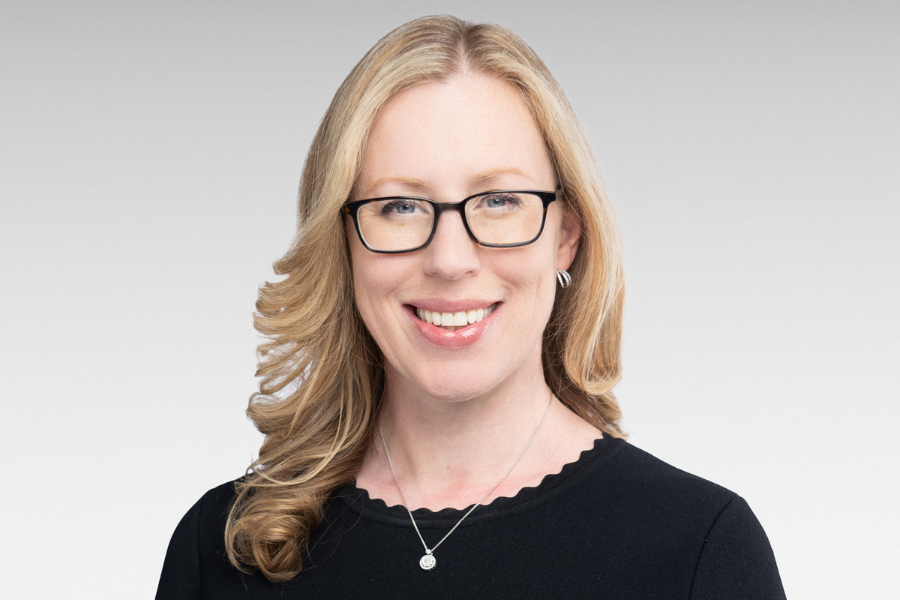

Americans are (thankfully!) heading into the home stretch of the Presidential election. But even with only a few months to go, advisors and investors are wrangling almost every day with the potential impact of this exceedingly close race on their portfolios.
“Historically, what we see is a little bit of a run up in the summer, and then we see a period of volatility from post-Labor Day up and through about the second week in October,” said Shannon Saccocia, CIO of Neuberger Berman Private Wealth. “Summertime you get to know the candidates and what their platforms start to look like and then investors start to digest what's going to happen potentially after the November election.”
“This year, though, we've seen a little bit that pulled ahead because, as we know, we thought that we would know the two candidates and we thought we knew what the platforms were. There's been a little bit of a hiccup more recently with Harris coming onto the ticket and then with Wallace as her vice president pick.”
Outside of negotiating extra volatility due to the upcoming election, market participants are also lining up their bets based on which candidate they believe will ultimately take the Presidency in November. Should Trump once again take the Oval Office, Saccocia believes investors will concentrate mostly on changes in the corporate tax rate.
Although it's not as important for mega-cap technology companies who generally do not pay full boat, it is certainly top of mind for small cap stocks. If lawmakers were to maintain a 21 percent corporate tax rate, or maybe drop that down to 20 percent, that would be a boost for smaller businesses, in Saccocia’s view.
“We also anticipate tighter immigration policies next year,” said Saccocia. “And then the third thing is around trade and we would expect there to be higher tariffs, more protectionism, which could eventually actually lead to a little bit of an inflationary boost going into the back half of 2025.”
Interestingly, when it comes to trade, Saccocia also sees a rise in protectionism should Harris win the election, as well as a tighter border.
“The corporate tax rate, and really personal tax rates as well, are really the key differentiators here between the two platforms,” said Saccocia. “We would anticipate that we would see higher taxes, on both corporate side and personal side, and certainly if we get some strength in the Senate and in the House on the Democratic side as well.”
As for all those worries about the national debt – now over $35 trillion and counting – Saccocia does not see either party pivoting toward austerity measures ahead of the big vote. In fact, she sees quite the opposite happening.
“Typically in the first year of a presidential term you don't see less spending in Washington,” said Saccocia.
From a purely bottom-line perspective, Saccocia says Wall Street would probably prefer a Trump victory based on his predilection for tax cuts. She also believes that from a tax treatment perspective, maintaining capital gains rates where they are today would be welcomed by Wall Street and investors in general.
And while the entire country was shocked in July when President Joe Biden dropped out of the race, there is always the chance of an “October surprise” which could throw voters – and investors – for yet another loop.
“I think you could see a little bit of geopolitical concern crop up in October and compound the volatility that we already expect from the election,” said Saccocia.

Firms are facing increasing scrutiny over whether they can be held responsible for losses by clients whose ability to understand their investments has been compromised.

Decision deepens the two firms’ decade-long relationship

Linqto Inc. was one of the first tech platforms to promise access to small investors into the high-risk, high-reward world of private investments.

Since Vis Raghavan took over the reins last year, several have jumped ship.

Chasing productivity is one thing, but when you're cutting corners, missing details, and making mistakes, it's time to take a step back.
Stan Gregor, Chairman & CEO of Summit Financial Holdings, explores how RIAs can meet growing demand for family office-style services among mass affluent clients through tax-first planning, technology, and collaboration—positioning firms for long-term success
Chris Vizzi, Co-Founder & Partner of South Coast Investment Advisors, LLC, shares how 2025 estate tax changes—$13.99M per person—offer more than tax savings. Learn how to pass on purpose, values, and vision to unite generations and give wealth lasting meaning
